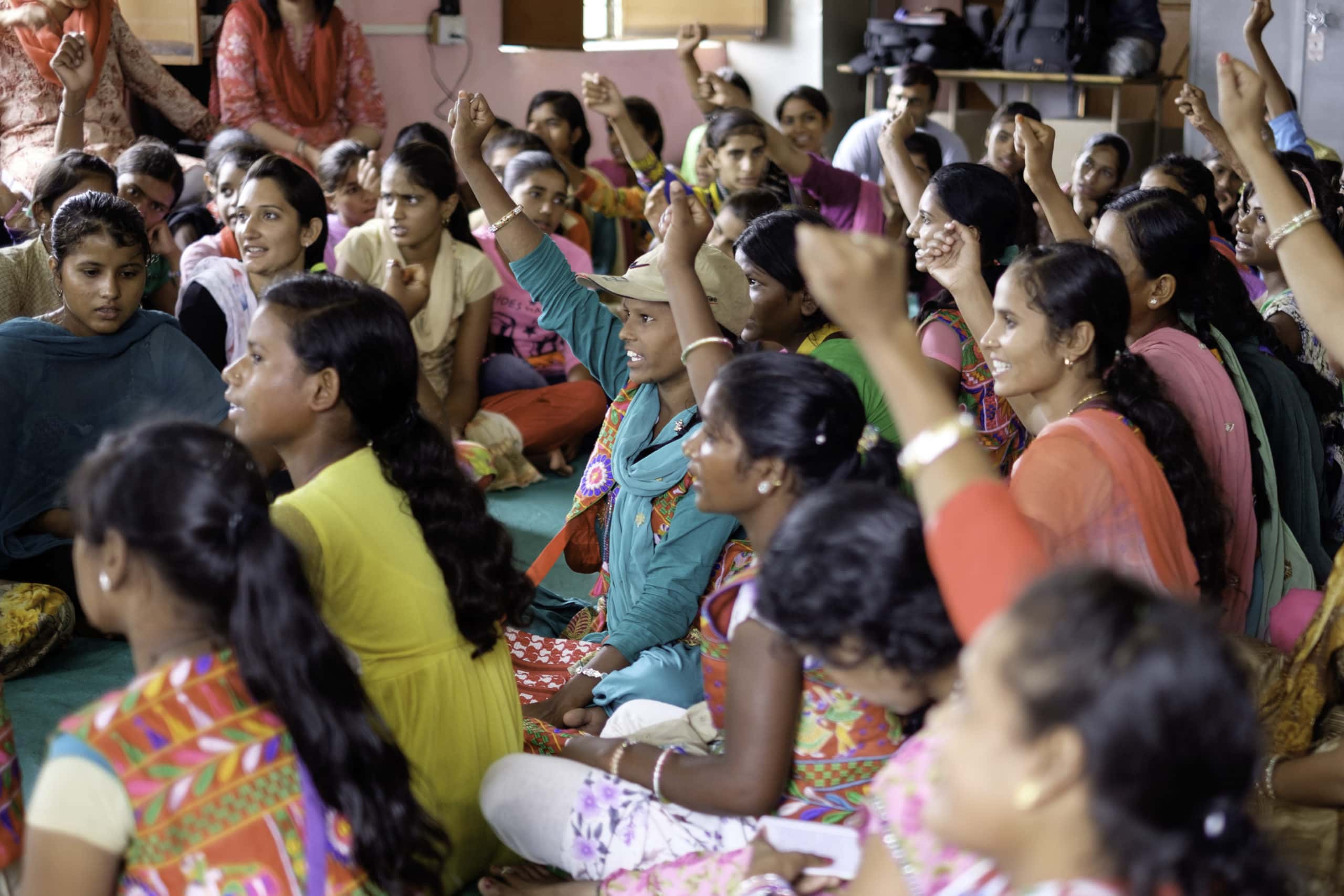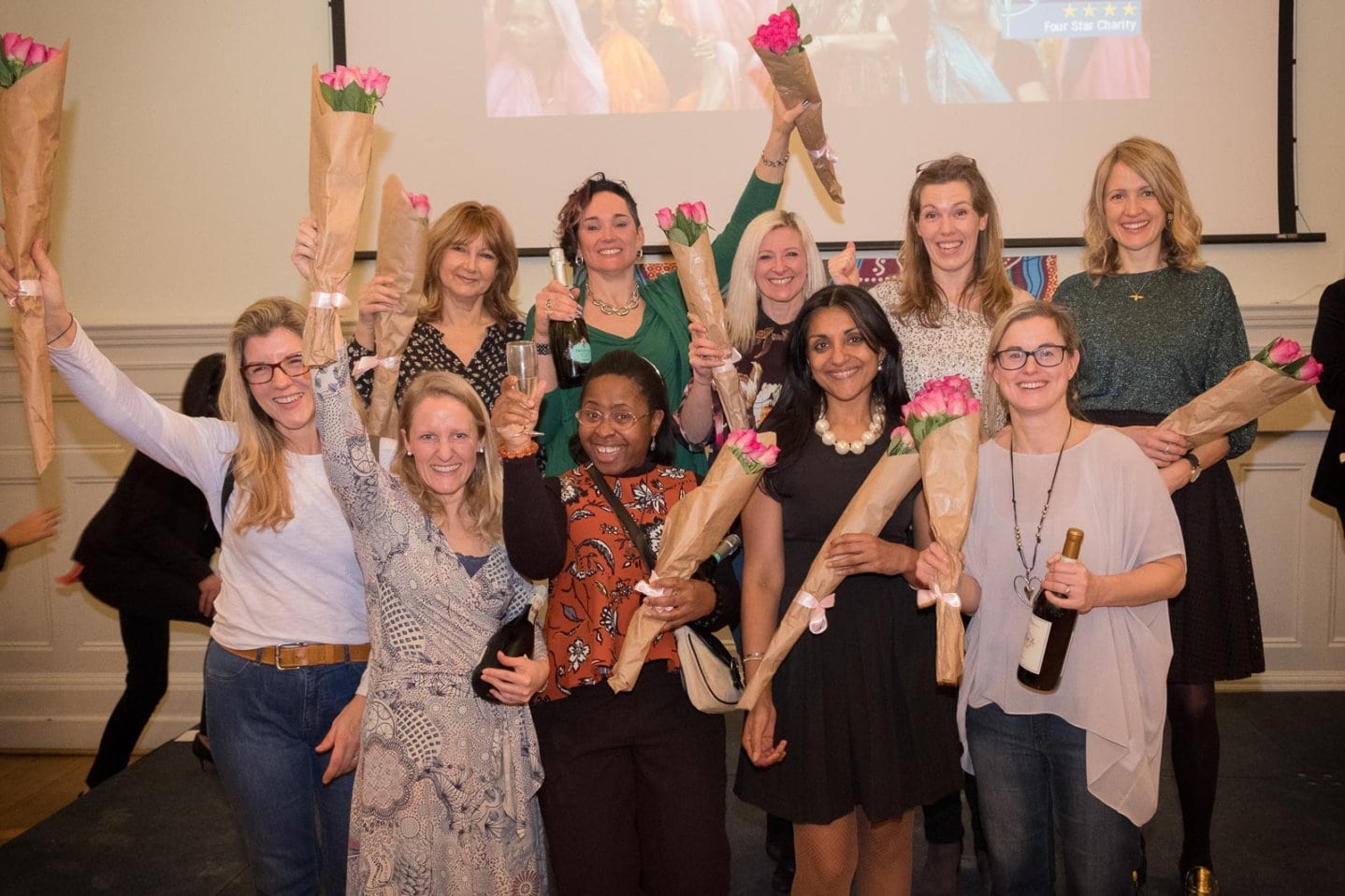Manowara Afroz Saleha, Bangladesh

From childhood, Saleha dreamt of being a teacher, but her father’s sudden death when she was eight years old, and a time of economic crisis in Bangladesh, meant that alone, like many women and girls, Saleha and her mother encountered serious hardships, and were forced to rely on help from relatives.
Desperate to carry on with her studies despite this difficult time, however, Saleha continued to go to school until aged 12, when a cousin offered to arrange a job for her.
The offer proved deceitful, and instead of a job, Saleha was forced to marry her cousin and become a housewife, only continuing her studies with a sewing course.
Though out of regular education, she found happiness in this course and her new skills, but her joy was sadly short-lived. Following an ongoing dispute with her mother-in-law, Saleha was physically abused by her husband, and one night was left abandoned on rail road tracks. She was rescued by concerned neighbours, who made sure she received hospital treatment, and eventually recovered from her injuries. After recovery, Saleha filed and won a case against her abuser and his family.
Given her mistreatment at the hands of her husband, Saleha became determined to do what she could to help other women fight violence, and established her own organisation to promote self-help and social support. Through her work she was introduced to The Hunger Project-Bangladesh, eventually attending and completing animator training.
With this Hunger Project training, Saleha expanded her work and established a kindergarten school for underprivileged children, where she serves as head teacher.
She has since received additional training in the Women Leadership Foundation course from The Hunger Project-Bangladesh – a training that she is passionate that all women receive, in order to become empowered individuals and capable of self development.
Saleha is also passionate about ending child marriage, and uses her new skills and voice in the community to fight against this custom, a custom that The Hunger Project-Bangladesh also works to combat, in addition to its commitment to fighting gender based violence.
Inspired? Invest and empower more leaders like Saleha




